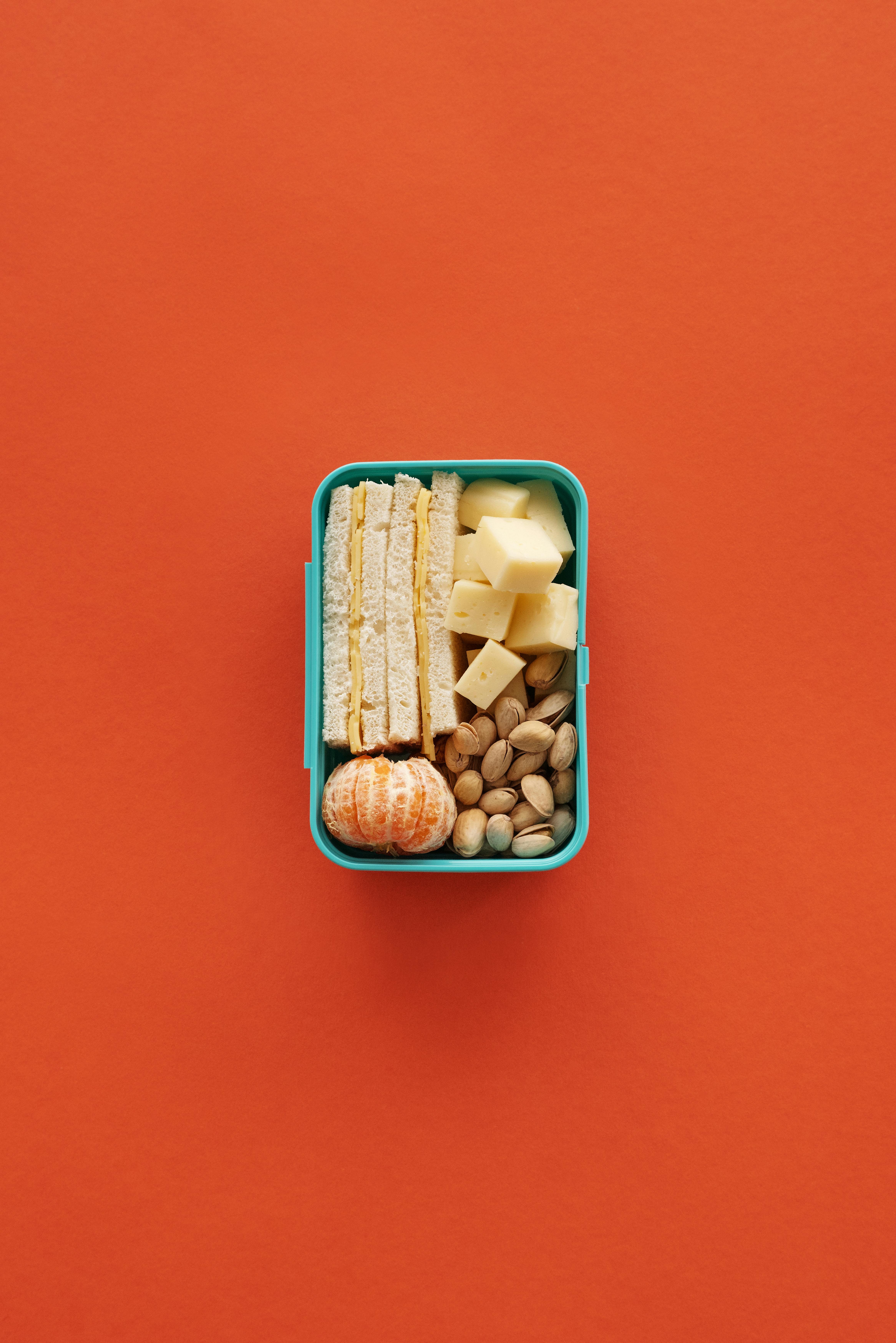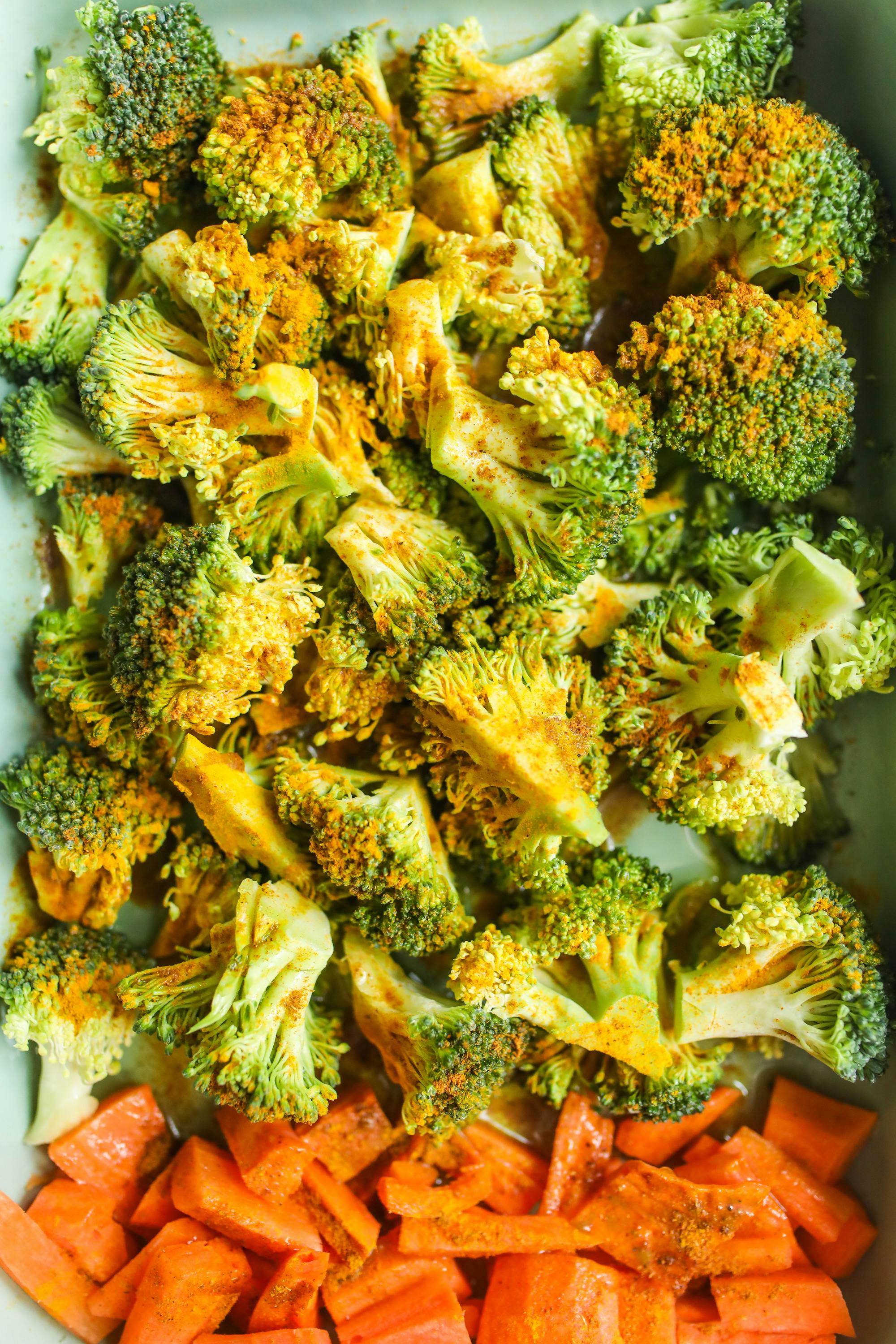
Essential Guide to SIBO Diet Food List for Better Gut Health
The Small Intestinal Bacterial Overgrowth (SIBO) diet is designed to help individuals regain gut health by managing and reducing the symptoms associated with SIBO. For many, this means adopting a low-FODMAP diet that minimizes fermentable carbohydrates which can exacerbate symptoms like bloating, gas, and abdominal pain. Creating a SIBO-friendly food list can aid in maintaining digestive balance and improve overall well-being.
Choosing to follow this specialized diet comes with numerous benefits, including reduced bloating and improved digestion. By understanding what foods are considered safe and beneficial, individuals can tailor their meals to support gut health while also enjoying nutritious and satisfying meals.
This comprehensive article will explore essential SIBO-friendly foods, practical meal planning tips, and how to incorporate various food categories to help you manage symptoms effectively. We'll also provide examples of healing recipes and snacks, shed light on the importance of hydration, and much more to ensure your journey to recovery is as smooth as possible.
Key Takeaways: Familiarizing yourself with SIBO-friendly options not only supports digestive health but also allows room for creative meal preparation. Stay tuned as we delve into the SIBO food list!
Building Your SIBO Diet Food List
When creating your SIBO diet food list, the emphasis should be on eliminating high-FODMAP foods and incorporating low fermentable carbohydrates. Prioritizing SIBO-friendly foods will help in managing your symptoms over time.
Understanding FODMAPs and Their Impact
FODMAPs, or fermentable oligosaccharides, disaccharides, monosaccharides, and polyols, are short-chain carbohydrates that can cause digestive distress in some individuals.
In understanding how FODMAPs affect digestion, it's essential to learn what foods fall into this category. Common high-FODMAP foods include certain vegetables, fruits, dairy products, and grains, which should be minimized or avoided entirely during strict SIBO management.
By limiting these foods and replacing them with low-FODMAP options, you'll create a balanced diet that supports your gut microbiome. This transition also helps identify specific triggers that may aggravate your symptoms.
Key SIBO-Friendly Foods to Include
Your SIBO food list should consist primarily of low-FODMAP fruits, vegetables, proteins, and grains. Some of the best options include:
- Fruits: Bananas, blueberries, cranberries, grapes, and oranges.
- Vegetables: Carrots, spinach, zucchini, and bell peppers.
- Proteins: Lean meats, fish, eggs, tofu, and tempeh.
- Grains: Quinoa, rice, and gluten-free oats.
Incorporating these foods will not only be easier on your digestion but also provide essential nutrients for maintaining overall health. Additionally, exploring fermented foods like yogurt and kefir can increase beneficial gut bacteria, supporting nutrient absorption.
Incorporating Healthy Fats and Proteins
Including healthy fats and high-protein foods is crucial in a SIBO diet to promote satiety and energy levels. Opt for fats that support inflammation reduction, such as olive oil, avocado, and coconut oil, while steering clear from processed fats.
High-protein options such as nuts and seeds can easily fit into your meal plans, offering valuable nutrients and helping you feel full longer. Just be cautious about portion sizes and select low-FODMAP nuts like almonds and walnuts.
Sample SIBO Meal Ideas and Recipes
Now that you have a solid list of SIBO-friendly foods, let’s explore some meal ideas and easy recipes to incorporate these ingredients.
Breakfast Ideas for SIBO Management
Starting your day with a nutritious breakfast will set the tone for your digestive health. Some excellent SIBO breakfast ideas include:
- Overnight oats made with gluten-free oats, almond milk, and topped with blueberries.
- A smoothie incorporating spinach, banana, almond butter, and a scoop of protein powder.
- Scrambled eggs with sautéed zucchini and a side of sliced avocado.
These meals provide a perfect balance of nutrients without overwhelming your digestive system. Armed with these meal ideas, you can transform your mornings!
SIBO-Friendly Lunch and Dinner Recipes
For lunch and dinner, focus on hearty, low-FODMAP ingredients that satisfy and nourish. Here are a couple of straightforward recipes to get you started:
Quinoa Salad: Mix cooked quinoa with diced cucumber, bell peppers, herbs, and a light lemon-olive oil dressing for a refreshing meal.
Grilled Chicken and Vegetables: Marinate chicken breast in a blend of olive oil, mint, and garlic-infused oil before grilling alongside zucchini and asparagus for a delicious experience.
Snacking and Hydration for SIBO
Snacking wisely while on a SIBO diet can help keep your energy levels steady throughout the day. Opt for SIBO-friendly snacks that are nutritious yet easy to digest.
Best Snacks for SIBO Management
Some of the best options include:
- Nut butter on rice cakes or apple slices.
- Homemade trail mix made from allowed nuts and seeds.
- Fermented vegetables like sauerkraut or pickles, which offer probiotics.
Additionally, staying hydrated is vital for digestive health. Aim for adequate water intake throughout the day and consider including herbal teas that are gentle on the stomach.
Elimination and Meal Prep Tips for SIBO
Adopting an elimination diet can be extremely beneficial in identifying individual food intolerances. As you embark on this journey, keeping a food journal can help track your meals and symptoms.
Meal prepping also allows for efficiency and ensures that SIBO-friendly options are always available. Batch-cook grains and proteins over the weekend and store them in the refrigerator or freezer for quick access during busy weekdays.
Common Questions about SIBO Diet
What are the main foods to avoid on the SIBO diet?
It’s essential to avoid high-FODMAP foods such as garlic, onions, wheat products, certain fruits like apples and pears, and dairy products with lactose. Staying away from these will help manage your symptoms effectively.
Can I incorporate fermented foods into my SIBO diet?
Yes! Fermented foods like yogurt and kefir can be beneficial due to their probiotic content, but be mindful of portion sizes and your individual tolerance levels.
How long should I stay on the SIBO diet?
Generally, it is recommended to stay on the SIBO diet for at least 4-6 weeks or until symptoms improve, followed by a gradual reintroduction phase to identify any triggers.

